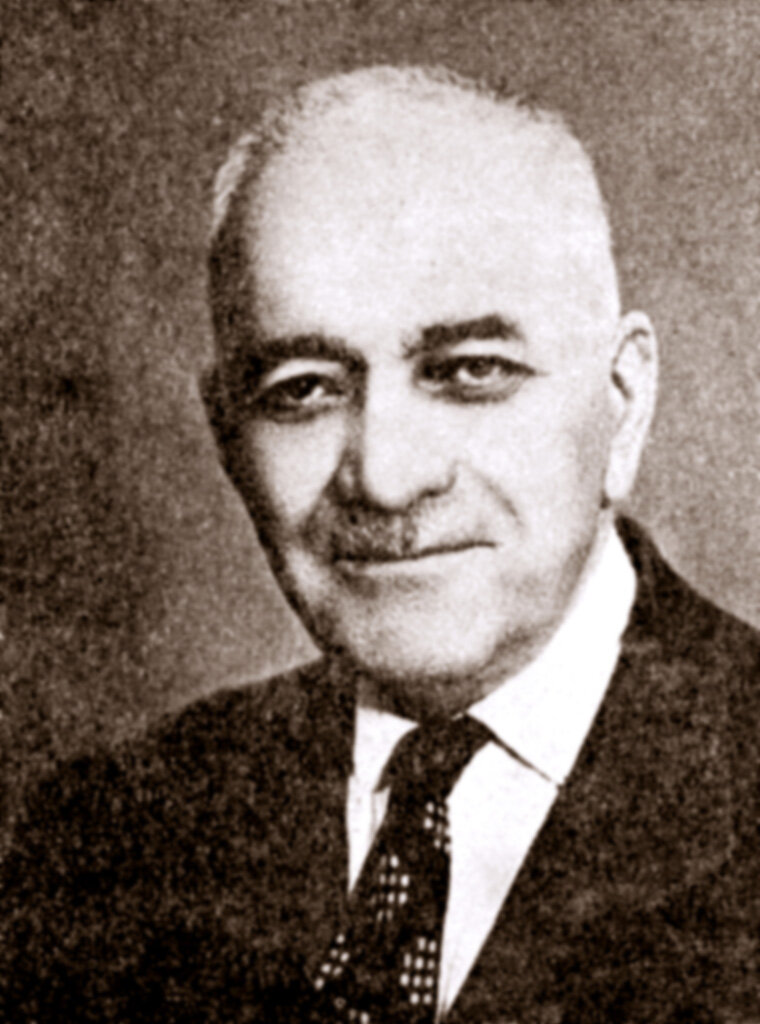Summers in the early 1950s in Iran, meant the opportunity for Baha’is to join each other at summer schools. In Shiraz, up to several hundred youth gathered for such schools during which time, they made lifelong friends and were confirmed in their faith. Shiraz was the physical heartland of the Bab’s dispensation, and the Bab’s House where He declared Himself is its center.
Pilgrimage to the House of the Bab
One of the summer school teachers in Shiraz was Mr. Eshraq Khavari. He was considered among the most learned of scholars of the Faith with an almost encyclopedic knowledge of the writings. He wrote poetry and did translations as well, including The Dawn-breakers. Khavari translated this original version in English into Farsi.
Eshraq Khavari
Enayatu'llah Fananapazir, another great teacher, explored the Qur’an and Islamic traditions with us in an engaging style filled with humor. Shoghi Effendi advised him in 1954 to devote himself entirely to teaching the Faith. Fananapazir and his family pioneered to the Gambia, Morocco, and Kenya.
Fananapazir
The Education of Girls
Fadil Mazandarani, a famed historian of the Baha’i Faith, spoke at the Shriaz summer school. Born of a Shaykhi father, he had become a Baha’i in 1909. ‘Abdu’l-Baha and Shoghi Effendi asked him to make two trips to the United States; he also taught the Faith in India, Burma, Caucasia, and Turkmenistan, as well as many areas within Persia. During his travels in Iran, he compiled stories of Baha’i communities from all over the county which became a nine-volume history of the Faith.
Fadil Mazandarani, for more click HERE
Shiraz was also the ancient city of poets. Hafez, the world famous 14th-century poet from Shiraz was often quoted by Baha’u’llah and Abdu’l-Baha and was buried in an alabaster sarcophagus in the middle of a garden of roses and orange trees crossed by streams of water.
Born a century before Hafez, the poet Saadi lived a storied life that took him throughout a near East that had just been ravaged by the Mongols. In his many interactions with common people who had suffered terribly at the hands of the Mongol invaders, Saadi developed an unusually modern humanistic concern for the suffering of people and this excerpt by him is today in the entrance of the U.N.:
The sons of Adam are limbs of each other, Having been created of one essence.
When the calamity of time affects one limb The other limbs cannot remain at rest.
If thou hast no sympathy for the troubles of others
Thou art unworthy to be called by the name of a human.
Creation of the United Nations



